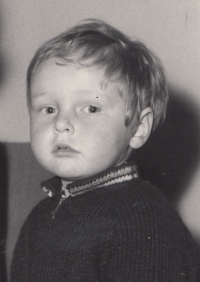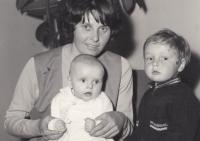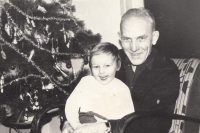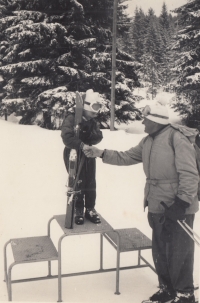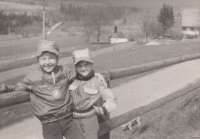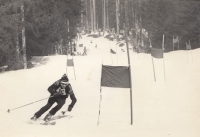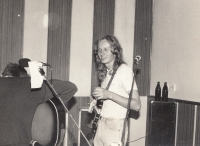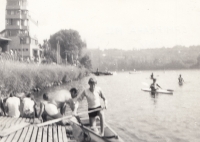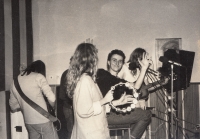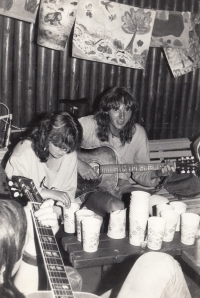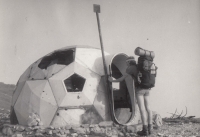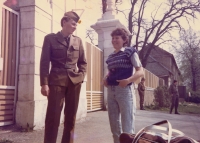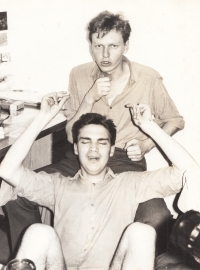Those who didn’t want to go through the embarrassment of a playback had to perform secretly
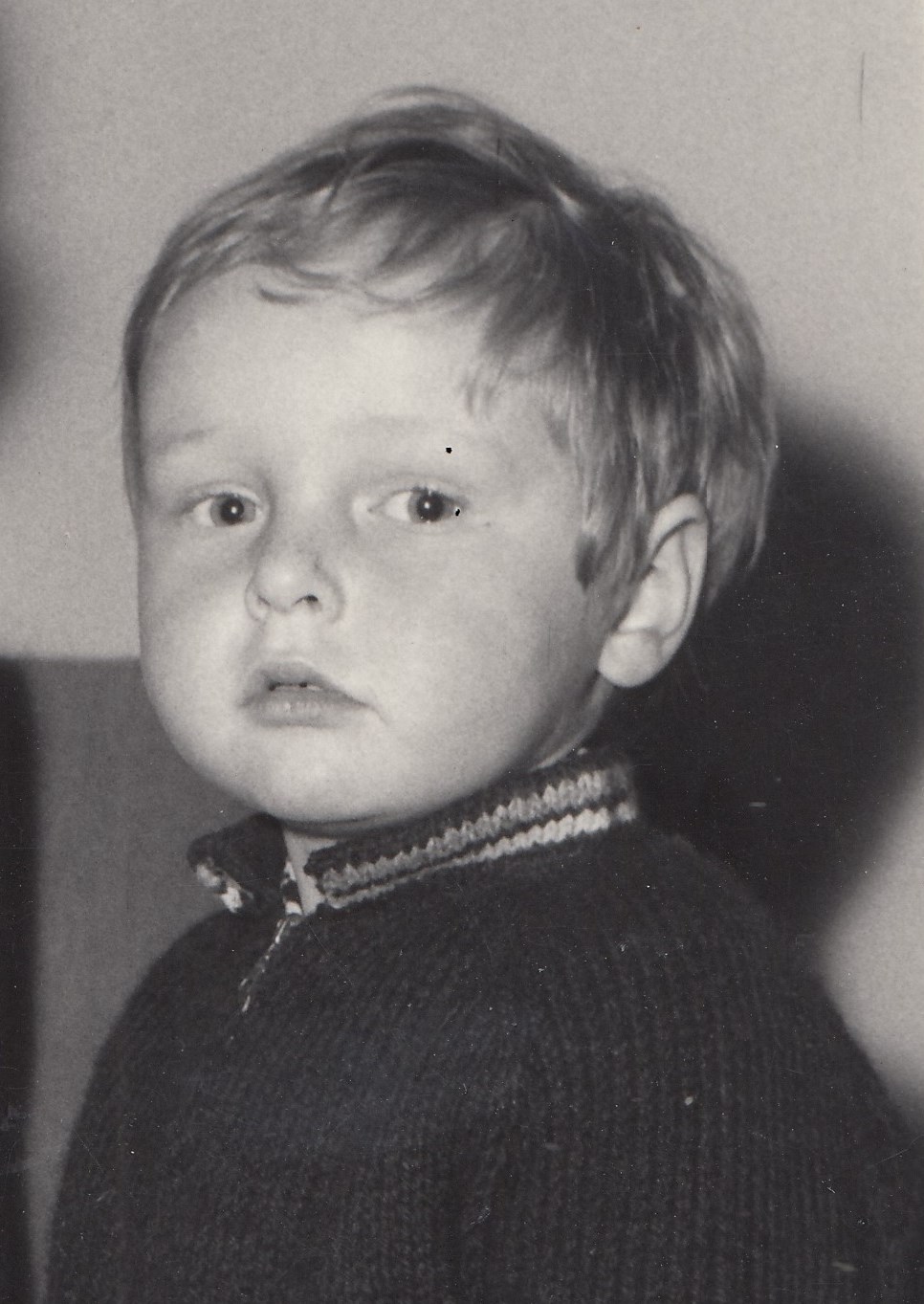
Download image
Kamil Pešt’ák was born on 5th August 1967 in Pilsen. He spent his childhood in Šumava, where his father served in the mountain service. After elementary school, he apprenticed as a lift repairman in an industrial company and began to devote himself to music. He played with like-minded young people at unofficial concerts, because he did not want to attend the obligatory rehearsals before ideological committees. He recalls how the members of the security forces, as well as ordinary people, treated the so-called Mánička people. He describes the most brutal as the police intervention at a secret concert of the band The Suřík in Plzeň, Roudná. In the spring of 1989, Kamil Pešt’ák returned from the army and, ironically, became a lifeguard at the Red Star sports club, which managed the Na Lopatárně swimming pool. During the Velvet Revolution, he and a group of friends went around Pilsen’s businesses and persuaded workers to join the strike. After the revolution, he devoted himself fully to travel, sports and music, helping to found the legendary Pod Lampou music club. After the beginning of the new millennium, he began to write books on mountaineering and Sumava.
